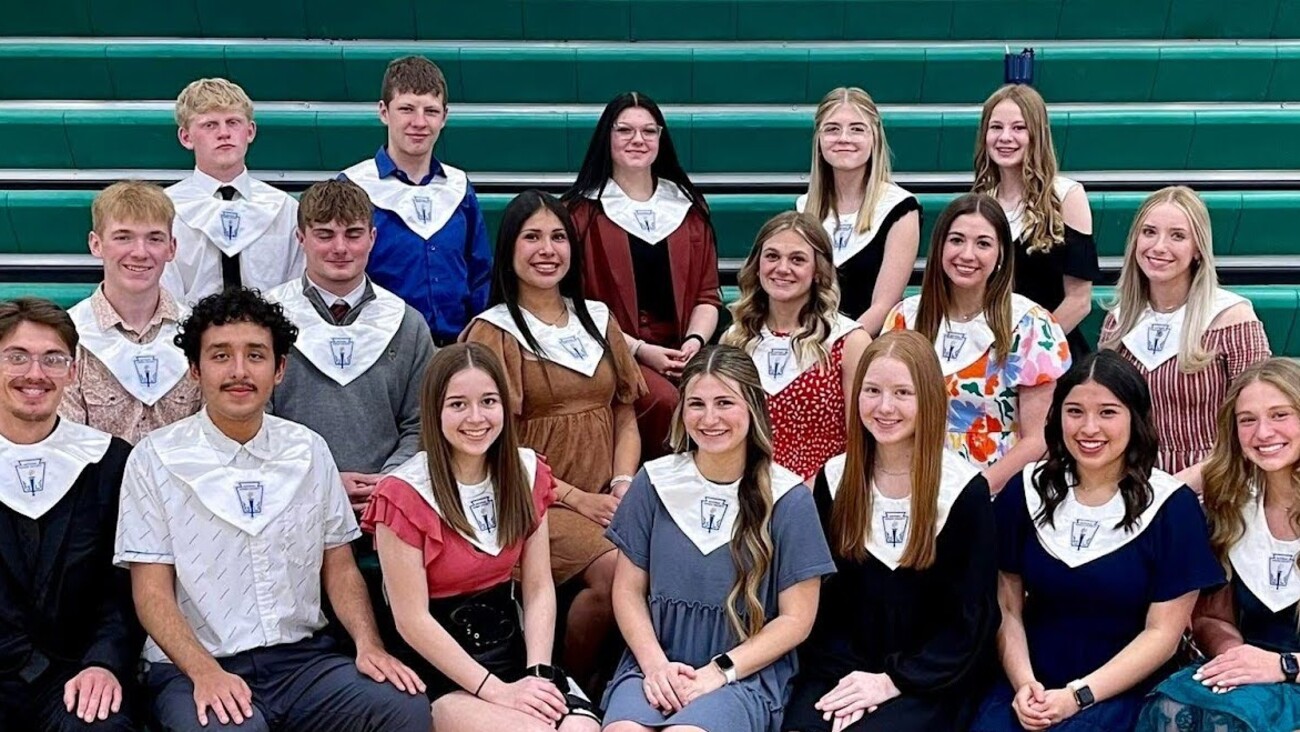St. Francis
Current conditions as of 8 Nov 17:55 pm CST
Fair
|  | 46° |
Tonight
Mostly clear, with a low around 23. Blustery, with a north wind 15 to 25 mph decreasing to 5 to 15 mph after midnight.
Sunday
Sunny, with a high near 46. North wind 5 to 15 mph.
Sunday Night
Mostly clear, with a low around 20. Northeast wind 5 to 10 mph becoming light and variable.
Weather forecast provided by weather.gov.

